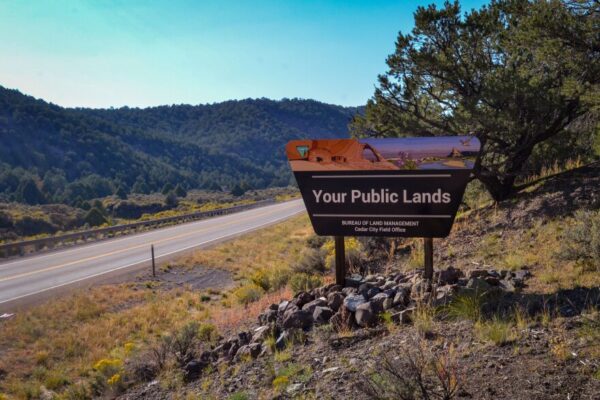With concerns over the proposed Grand Staircase-Escalante National Monument resource management plan, I want to share my thoughts to hopefully inform those interested and add to the dialogue on the issues.
I am a fourth-generation resident of Garfield County and a third-generation farmer and rancher on a portion of the monument. I have ridden the roads and trails of the monument since childhood.
My views come from my seventy-five years of life, my experience as a first-hand observer of the natural and human impacts on our lands, and my formal education as a scientist in the fields of biological and physical sciences. My 31-year career as a science teacher and the numerous field trips and conferences focused on land use have given me a perspective that is at least, worthy of consideration.
I know others have different experiences, attitudes, and ideas on these issues but I hope we have not passed the point of reasonable consideration of how our public lands can remain public and through multiple use, be a benefit to the citizens of our communities, the nation, and the world.
The conflict over management of local public lands boils down to this:
A. Who will manage local public lands?
B. Can the multiple uses of grazing, recreation, wilderness, wildlife, energy and mineral extraction coexist and be reasonably managed on public lands?
C. Can a framework be used that brings local citizens, professional land managers, government officials, and other interested parties into negotiations seeking resolution to conflicts?
As a lifetime local resident, I am outraged by the top-down dictatorial process we are seeing unfold in which faceless and nameless bureaucrats, elitists, and special interest groups are declaring from afar how our local public lands (I emphasize, local and public) are managed. Do these parties have legitimate concerns that need addressing? Yes! Are the local residents and elected officials interested in seeking resolution? Yes!
But do local residents, their elected representatives, and professional land managers feel recognized or valued in the process? No! Is it possible to manage huge, dynamic, and diverse areas by declaration, decrees, or rigid management plans? No! The current direction of the so-called “decision making process,” which seems to ignore local residents, only serves to escalate the conflict.
I hope individuals can use opportunities such as the free press to express, at least to each other, their feelings on the issue. Hopefully, decision makers in Washington will get the message before it is time to “throw the tea into the harbor.”
– by Carl Shakespear, Tropic
Feature image caption: Hopefully locals can use the opportunities of free press to join the dialogue on public lands. Courtesy of KUER.
Read more on this topic in Learning on the Heaton Ranch.

